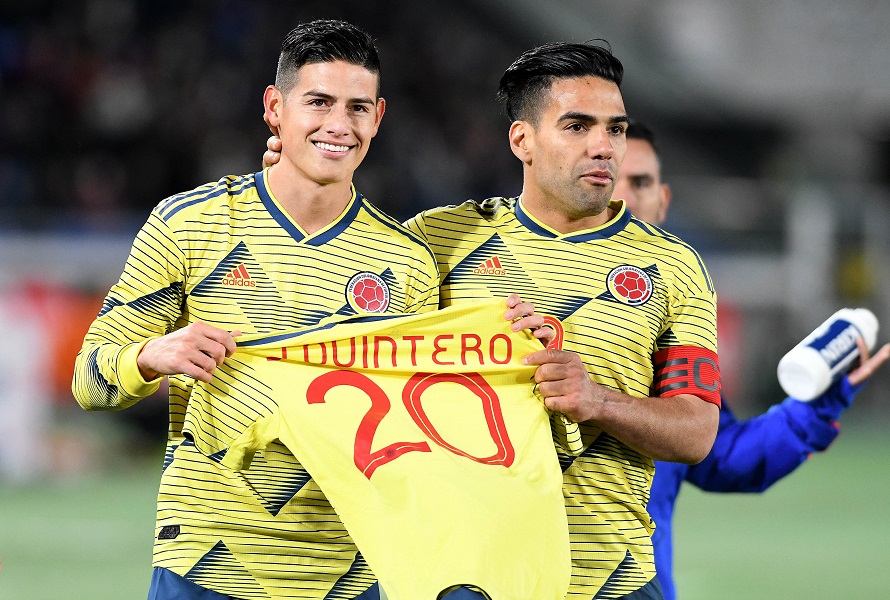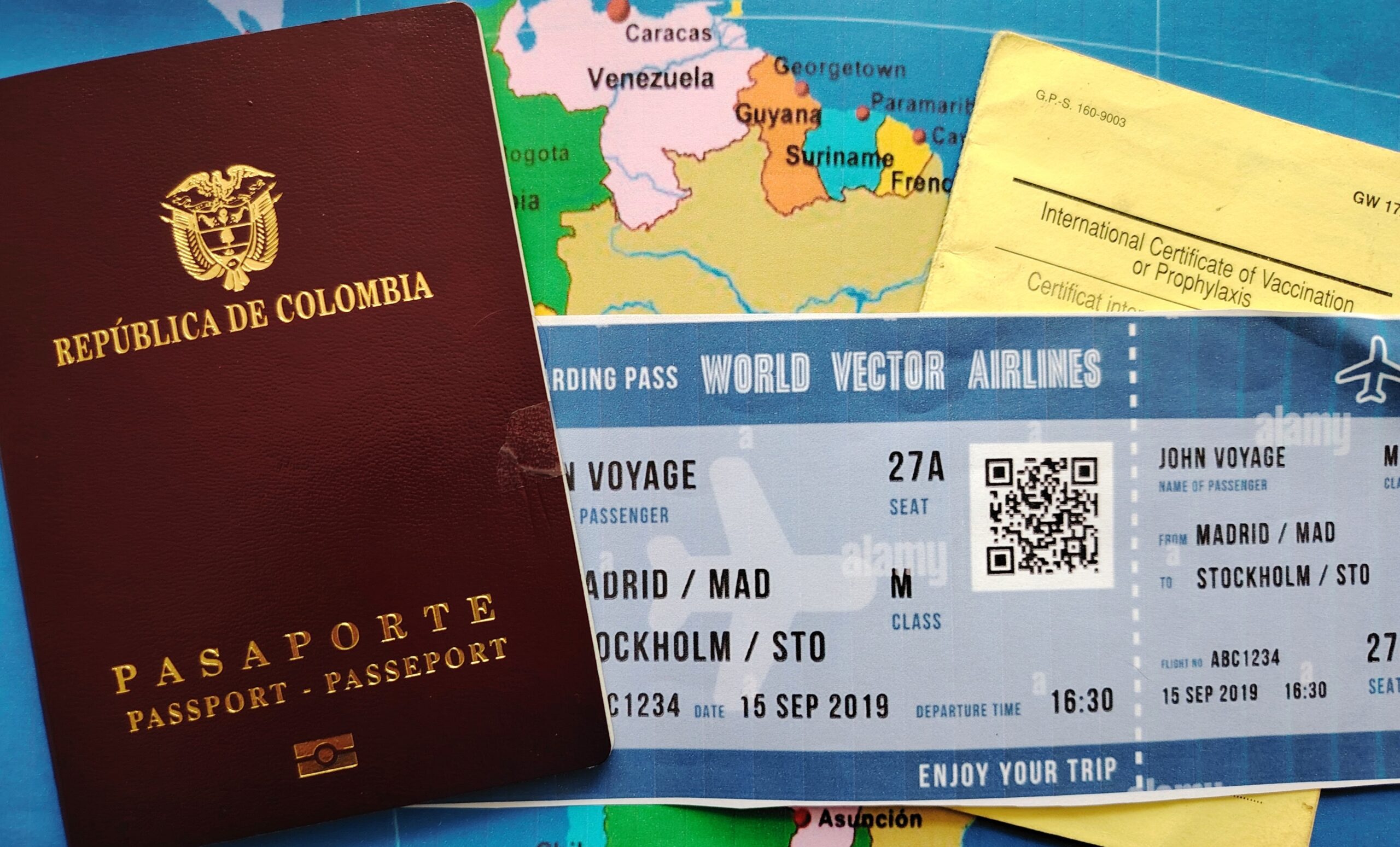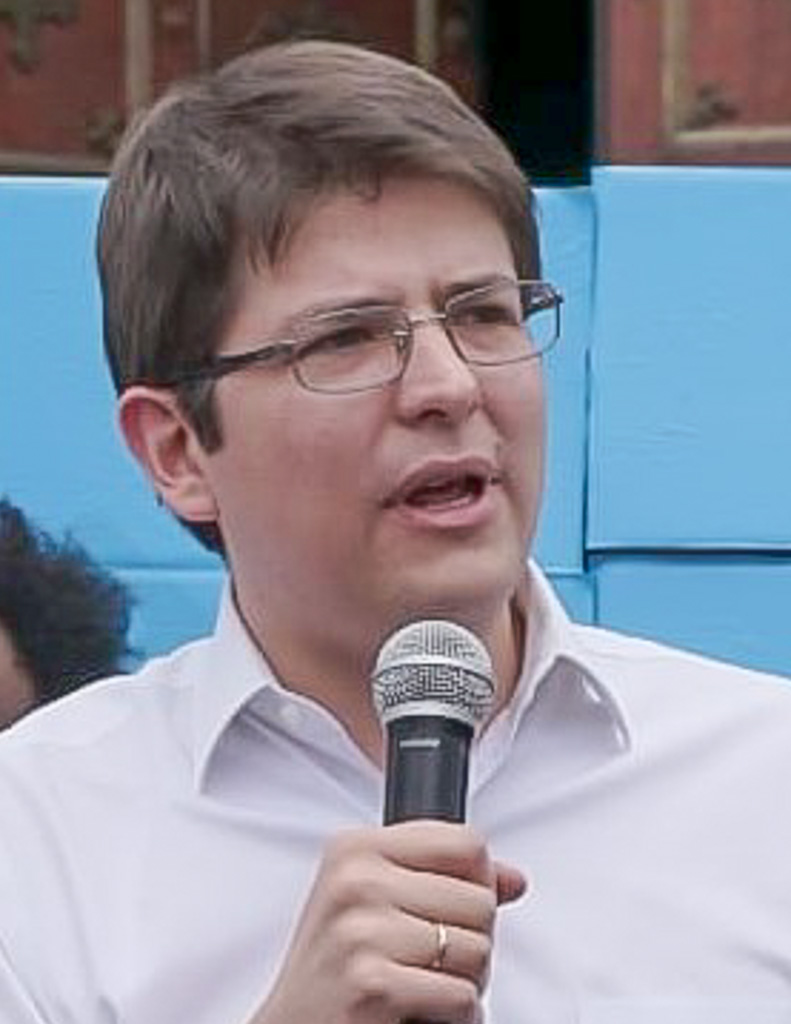We look at both candidates’ positions on a range of key issues. Find out here what Gustavo Petro and Rodolfo Hernández have to say about sports.

Colombians love sports, so it’s recognised in both manifestos. Gustavo Petro and Rodolfo Hernández are both keen to promote sports as a major part of their cultural plans and a way to achieve wider aims in health and security as well. While they agree on a lot, there are key differences as they aim to make their cases as we move towards the endgame of the second round.
Petro’s initiatives
Gustavo Petro, unsurprisingly, wants the right to sporting access to be free, universal and public. No shocks there. He sees sport and exercise as key components of education, health and culture. That means all three ministries will be promoting sport – and possibly tripping over one another in the process. However, he wants the initiatives for new sporting leagues and organisations to come from and be managed by the people, working in association with state entities. It all sounds a little confusing.
Petro wants to close the gap between the sexes in sports and so he proposes more stages for women’s sports in order to bring greater equality. There’s going to be a focus in schools on making sure that girls as well as boys get involved with sport from a young age. This will all help kids stay away from drugs, just like in the 80s. He envisages sports as a key sector of his ‘productive economy.’
Rodolfo agrees with much of this. As an anti-corruption measure, he will make sure all sports works are delivered directly to sporting federations, not to politicians. Like Petro, he wants more sporting facilities around the country, either by recovering and rehabilitating existing facilities or building anew. That’s for the grass-roots, but there are also world-class facilities to be built in major centres. He wants kids to focus on the sports that Colombia excels at, such as football, cycling, skating, weightlifting and athletics. No mention of underwater rugby, sadly.
Rodolfo’s eyeing elite sports too
Where Rodolfo differs from Petro in his suggestions for professional sports. He recognises the importance of exercise for his preventative healthcare ideas. But he also wants Colombia to start winning international competitions. To this end, he will contract world-class trainers to come and instruct Colombian athletes. He’ll also support outstanding athletes, either at international or national level, with up to COP$35 million a year plus benefits. That’s about a month’s pay for a mid-level Colombian league footballer at a decent team.
Professional football isn’t directly mentioned by either candidate. It makes sense, given that very few topics bring greater tribalism. However, it is a little strange to be talking widely about sport and yet gloss over by far the biggest sport in the country. Successful though it is, it has serious and systematic problems, including allegations of corruption. Cycling, too, is largely ignored despite being responsible for the majority of Colombia’s recent sporting successes.
Bottom line: Petro vs. Rodolfo on sports and culture
In the end, there’s a lot of basic common sense here. What’s largely lacking is some sort of idea on how it’s all going to be provided, especially in terms of financing. Petro claims that his plans will provide “hundreds of thousands of jobs” for coaches, administrators, professional athletes and so on. Rodolfo also plans to build a lot and it’s not clear how Colombia will attract world-class coaches that aren’t already here. What is clear is that the next four years will either see a lot of new sporting infrastructure popping up, or a lot of complaints over delayed construction projects.





